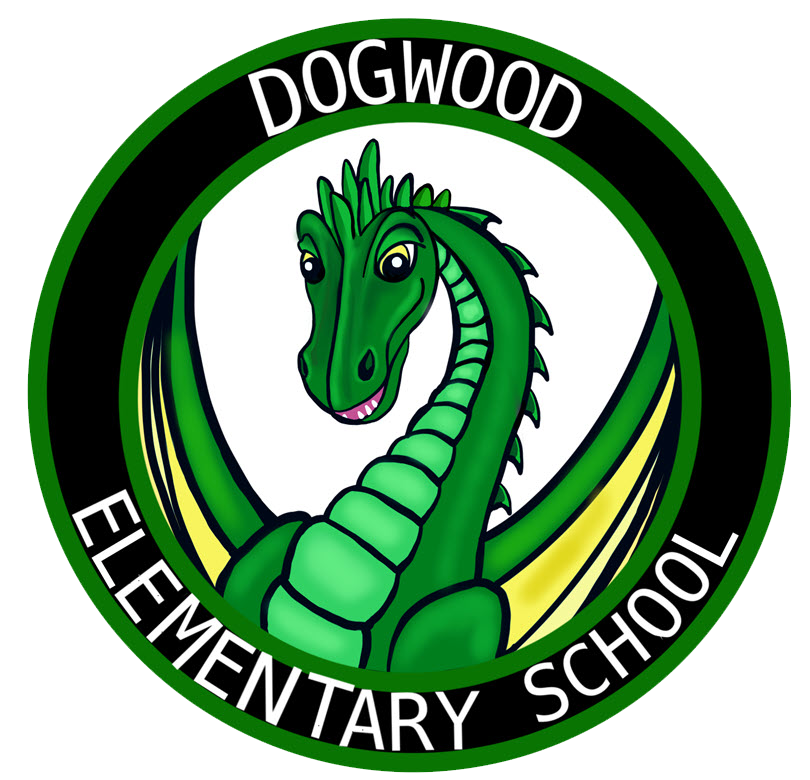Kindergarten Units of Inquiry
Kindergarten classes participate in four units of inquiry throughout the year. Click on each unit below to learn more.
Unit 1 - Who we Are
Transdisciplinary Theme
Who we are: an inquiry into the nature of the self; beliefs and values; personal, physical, mental, social and spiritual health; human relationships including families, friends, communities, and cultures; rights and responsibilities; what it means to be human.
Central idea
We use observations to make choices within our community.
Lines of Inquiry
- the five senses
- citizenship within the community
- our role as readers and writers
Learner Profile Attributes
- Principled: we do the right thing even when it’s hard and even when nobody is watching and understand our choices affect others.
- Caring: we care about others. We show compassion and respect to ourselves, others and our environment.
- Communicators: We use kind words to express our feelings and listen to understand others.
Parent Support
- Discuss 5 senses at home with your child and how they use them (describe what you smell, hear, taste, feel, see)
- Help your child be principled by wearing a mask correctly, telling the truth, following directions, etc.
- Help your child be caring by observing their surroundings and figuring out ways to help (cheer someone up, clean up trash, help around the house, etc.)
- Help your child be a communicator by having them use their words to explain what they need, what they want, and what they’re feeling.
- Ask questions like “how do you know?” and “why do you think that?”
Single-Subject Connections
Kindergarten students will be principled, communicators as they participate in listen and move activities. Students will take turns exploring activities that allow them to learn pathways, levels, and speeds through freeze dance and simon says. Students will be responsible for listening and following directions while practicing a movement skill.
Unit 2 - How We Express Ourselves
Transdisciplinary Theme
How we express ourselves: an inquiry into the ways in which we discover and express ideas, feelings, nature, culture, beliefs and values; the ways in which we reflect on, extend and enjoy our creativity, our appreciation of the aesthetic.
Central Idea
Key Concepts
Lines of Inquiry
Attributes of the Learner Profile
Parent Support
Single Subject Connections:
Unit 3 - Sharing the Planet
Transdisciplinary Theme
Sharing the planet: an inquiry into rights and responsibilities in the struggle to share finite resources with other people and other living things; communities and the relationship within and between them; access to equal opportunities; peace and conflict resolution.
Central idea
We use observations to understand connections in our community. We use observations to understand connections in our community.
Lines of Inquiry
An inquiry into the growth of living things, characteristics of non-living things, protecting our world, and making connections to text.
Learner Profile Attributes
- Caring: We show empathy, compassion, and respect.
- Reflective: We thoughtfull consider the world and our own ideas and experiences.
- Thinker: We use critical and creative thinking skills to analyze and take responsible action on complex problems.
Parent Support
- Fill 2 plastic cups with water leave one inside and place one outside observe and draw what happens.
- Observe and draw what happens to an ice cube when taken out of the freezer.
- Look at pictures of adult animals and their babies. Learn the words for adult and babies (cow and calf)
- Find and observe seeds found in our foods (apples, oranges, peas)
- Collect objects around the house, fill a container with water observe if the items will sink or float
- Go on a nature walk, use the 5 senses, classify things you find into living or non-living things.
Single-Subject Connections
In Art, the students will use various craft supplies to design and create. They will observe and describe the changes that occurred.
In STEAM, the students will make observations and make connections as they explore the properties of water and how materials can be recycled.
Unit 4 - How the World Works
Transdisciplinary Theme
How the world works: an inquiry into the natural world and its laws, the interaction between the natural world (physical and biological) and human societies; how humans use their understanding of scientific principles; the impact of scientific and technological advances on society and on the environment.
Central idea
Actions cause change.
Lines of Inquiry
- the use of magnets
- the relationship between light and objects
- natural and human-made changes
- asking and answering questions.
Learner Profile Attributes
- Risk-Taker: We thoughtfully consider new experiences with courage and determination, meeting challenges with resiliency.
- Balanced: We understand that our brains, bodies and hearts are all important to our well-being.
- Inquirer: We are curious and enthusiastic learners who enjoy research and inquiry.
Parent Support
- Go on a magnet scavenger hunt around the house our neighborhood! Take a magnet from your refrigerator and see what is magnetic in the world around you.
- Play with your shadow! Using chalk, help your child trace their shadow on the sidewalk or parking lot. Try tracing their shadow multiple times each day. How is it the same? How is it different?
- Go on a spring walk! Weather changes happen fast and slow. What signs of spring do you notice? What is causing the changes?
- Be an inquirer! Help your child to research a topic of their interest. Use library books, observations, and digital resources.
Single-Subject Connections
In Music, students will inquire into the characteristics of different instruments and sort them into like groups based on what they’re made of and how they produce sound. They will demonstrate the meaning of song materials through drama and visual representations.
In Spanish STEAM, the students will use the concept of causation as they explore and create with magnets. In STEAM the students will use the concept of change as they explore force and motion using toy cars.

